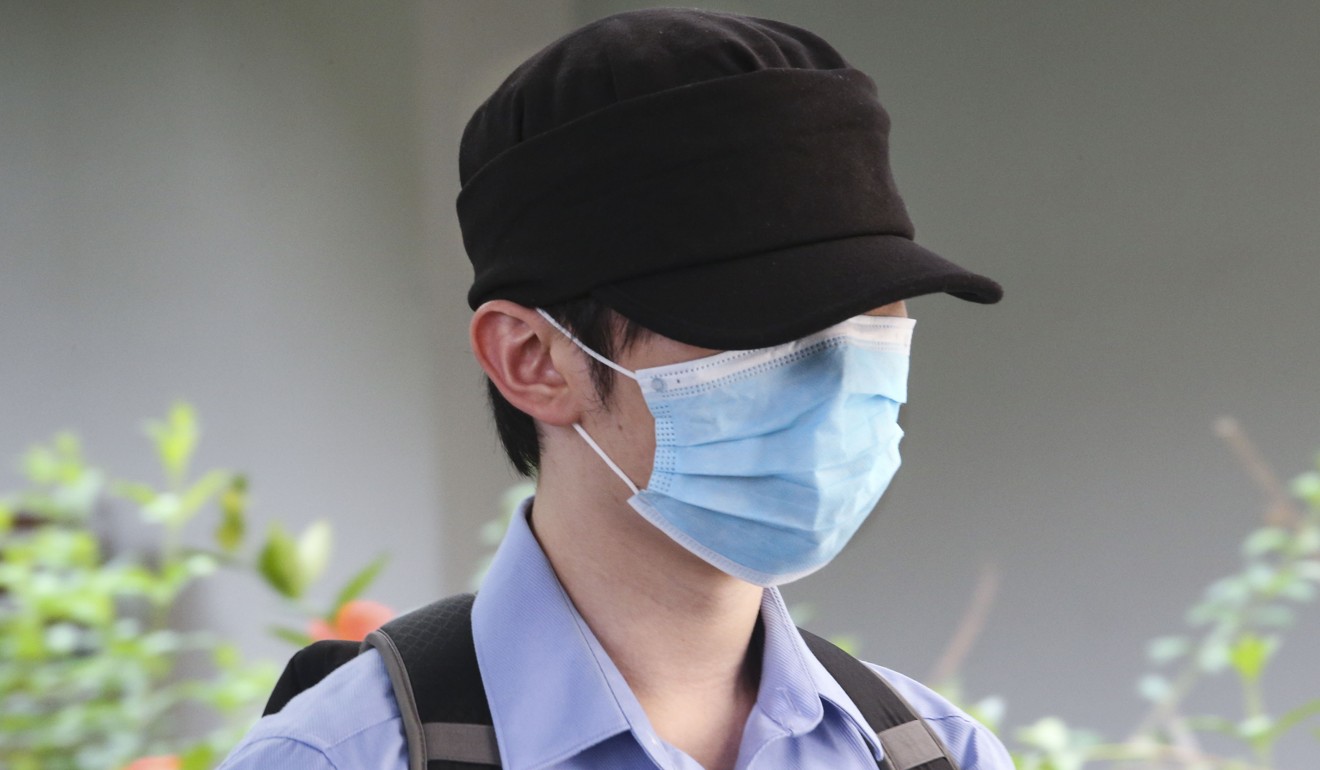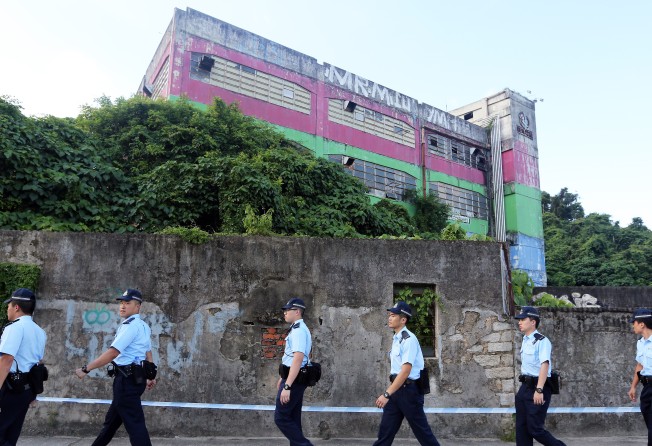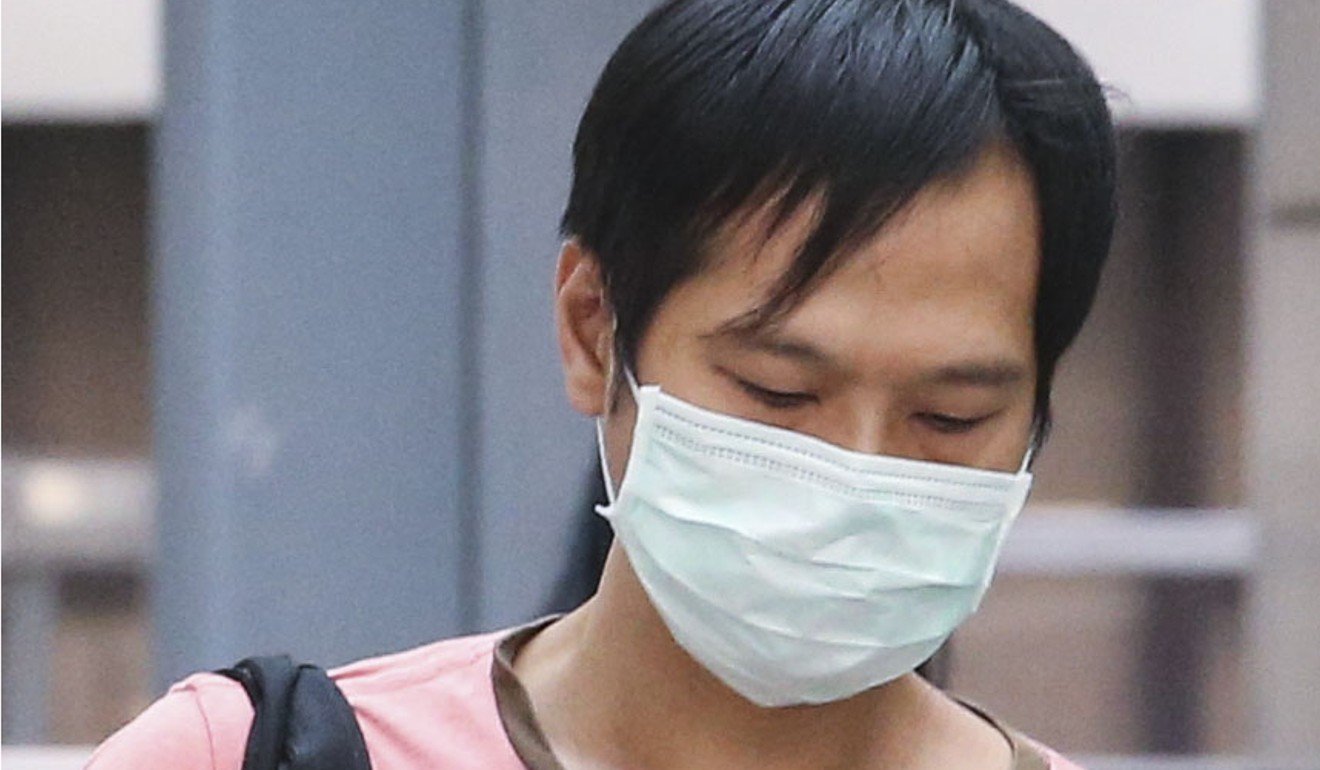
Hong Kong pro-independence pair found guilty of making explosives
Court heard the duo made smokes bombs in bid to create chaos during 2015 election reform vote

Two alleged members of a pro-independence party in Hong Kong were found guilty on Friday of making explosives shortly before the city’s legislature was to vote on a controversial electoral reform bill.
They were also convicted of further charges of possessing explosives with another defendant, after 13 hours of jury deliberation.
The case centred on events between late May and mid-June in 2015, shortly before an electoral reform bill, which some deemed restrictive of Hong Kong’s democratic development, was put to a vote in the Legislative Council on June 18 that year.
The defendants allegedly all belonged to the National Independent Party, which sought to make smoke bombs to obstruct the voting, according to a recorded police interview with one of the defendants that was played earlier during the trial.
Since retiring on Thursday at noon, a panel of five male and two female jurors returned to the High Court to find Cheng Wai-shing and Rizzy Pennelli guilty of a joint count of conspiracy to make explosives.

They were accused of using a mixture of nitrate salts and other chemicals capable of producing a firework-like effect.
While Cheng was convicted of a further count of possessing explosives, Pennelli, an Italian national born in Hong Kong, was found guilty of two further counts of the same charge. Chan Yiu-shing was acquitted of a conspiracy charge, but was found guilty of possessing explosives.
The jury acquitted two other defendants, Wu Kai-fu and Man Ting-lok, of being part of the enterprise to make explosives.
The court heard earlier that the case centred largely on two days: May 27 and June 14, 2015.
On the night of May 27, 2015, police spotted the five defendants meeting in the popular shopping district of Mong Kok before four of them later went to the former Asia Television studio in Sai Kung in the early morning of the next day.
Flashes and greyish white smoke were seen coming from the top floor and roof of the building, according to prosecutors.

On June 14, Cheng and Pennelli were again seen at the ATV premises with chemicals, and were seen fiddling with bottles and powder.
Later that day, a number of explosive chemicals were found at the studio and at some of the defendants’ homes.
During a subsequent interview with police, which was played in court, Man said they belonged to the National Independent Party, and that Pennelli, being one of the members, suggested making smoke bombs to create chaos on the day of the Legco voting.
On June 18, lawmakers were due to vote on the election framework imposed by Beijing, which would grant Hong Kong universal suffrage without the chance of civic nomination of the chief executive. Despite securing enough votes, the bill was rejected after pro-establishment lawmakers, expected to vote in favour, left the chamber in a political blunder.
Cheng and Penneilli were found with various chemicals in their possession. Later that day, police found chemicals at Penneilli’s home as well as outside Chan’s home.
In mitigation, defence counsel John Haynes, for Pennelli, said police had exaggerated the case in the beginning by saying an explosive substance had been involved. He said the smoke bombs did not pose a danger to life nor were able to damage property, noting they could have been used in war games in other countries.
He urged Mr Justice Kevin Zervos to take into account his client’s hard time in prison, where he had been called a “terrorist” when being remanded before the trial.
Haynes said suggestions they would cause chaos were speculative, while barrister Douglas Kwok King-hin, for Cheng, said since Man had been acquitted, what he had said about the pro-independence party should be disregarded.
Zervos adjourned the case to December 8 for sentencing.